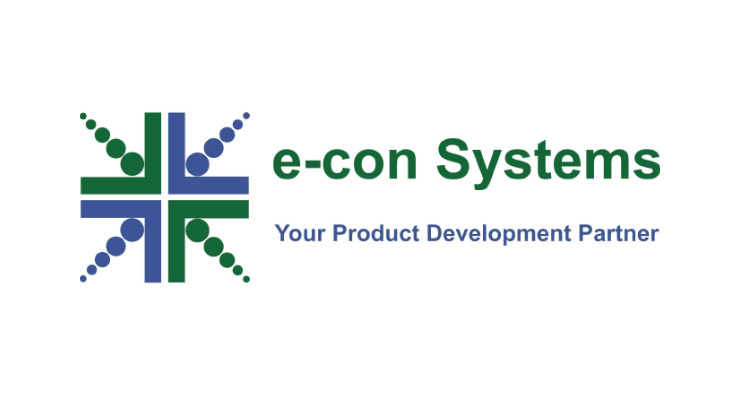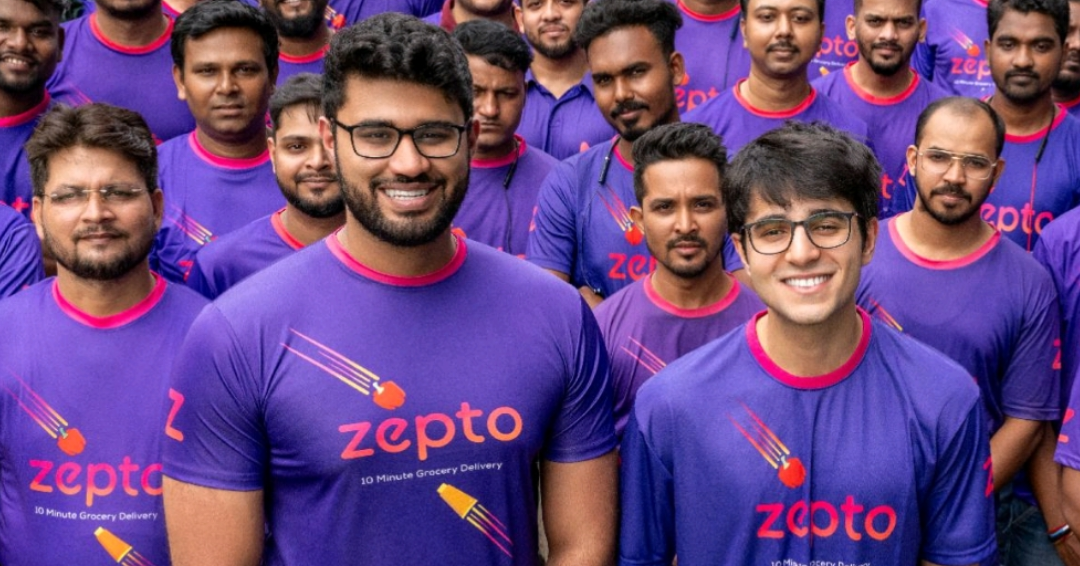e-con Systems expands with a new sales office in Bangalore and seeks to raise $10 mn in funds
- ByStartupStory | July 9, 2022

A new facility for e-con Systems, a pioneer in the design of embedded vision cameras for a variety of sectors, has just been established in Bangalore. The multinational corporation already has a significant presence in a number of regions, including North America, Israel, South Korea, Japan, and Europe. It already has two development centres in Chennai, India. With the opening of this new facility in Bangalore, e-con will be able to service additional Indian clients.
The founders of e-con Systems are in the process of obtaining $10 million from PE investors after operating a fully functional, successful firm for over two decades. This funding will be put to use for a frenzied growth drive that will see the sales force geographically expanded as well as the R&D team strengthened and expanded.
Ashok Babu, Co-Founder and President of e-con Systems India Pvt. Ltd. said, “We are witnessing that Indian firms are driving the embedded vision-enabled change with their new products and solutions. In India, for instance, the e-commerce sector has given rise to numerous businesses that provide autonomous mobile robots, vision guidance robots, etc., all of which are powered by embedded vision solutions. With the opening of our new office in Bangalore, we will now be a part of the India Growth Story. In addition to cameras, our customers may purchase completely tailored and system-level solutions from e-con to design their whole product.”
Also Read – Govt plans to create a digital platform for startups and investors to help them close deals faster

About e-con Systems :
Ashok Babu, Harishankkar, and Maharajan Veerabahu founded e-con Systems, one of the most well-known names in-camera solutions, 18 years ago. Today, more than 250 clients regularly use e-con Systems’ cameras in large-scale manufacturing. The United States accounts for over 70% of the company’s revenue, followed by the European Union (20%) and Japan and Korea for the remaining 40%.








